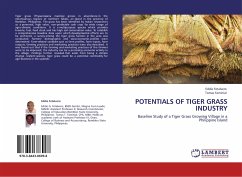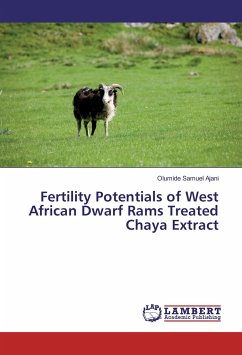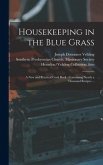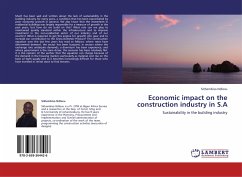Tiger grass (Thysanolaena maxima) grows in abundance in the mountainous regions of northern Tablas, an island in the province of Romblon, Philippines. The grass has been identified by Indian researchers as a perennial, high value, non-perishable cash crop for wide range of agro-climatic conditions. It is a multipurpose species which provides brooms, fuel, feed stock and has high soil conservation value. To establish a comprehensive baseline data upon which developmental efforts are to be anchored, a survey among the tiger grass farmers in the area was conducted. Farmers demographic and socio-economic profiles were determined. Farm-related variables such as farm profiles, farm inputs, farm outputs, farming practices and marketing practices were also described. It was found out that if the farming and marketing practices of the farmers were to be improved, the industry can be a promising economic activity in the village. Findings further revealed that aside from being a climate change resilient species, tiger grass could be a potential commodity for agri-business in the uplands.
Bitte wählen Sie Ihr Anliegen aus.
Rechnungen
Retourenschein anfordern
Bestellstatus
Storno








